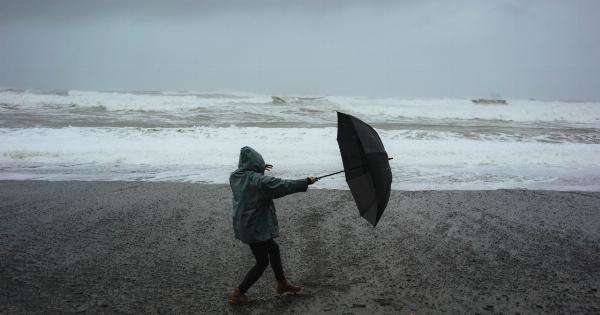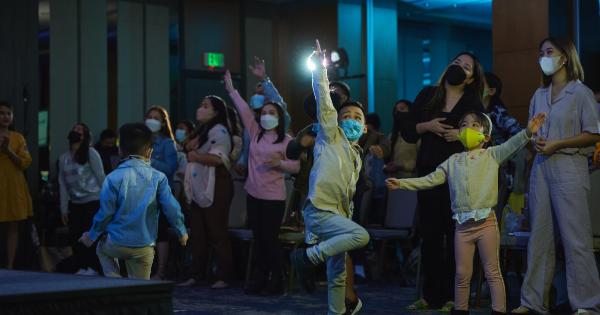The gulf region is known for its extreme temperatures, high levels of humidity, and arid landscapes. These unique conditions can have a significant impact on the health and well-being of residents in the area.
Gulf conditions and dryness can lead to a range of symptoms and health issues, but fortunately, there are effective treatment measures available to alleviate these problems.
Symptoms of Gulf Conditions and Dryness
Living in the gulf region exposes individuals to several factors that can contribute to a variety of symptoms related to dryness and extreme temperatures. Some common symptoms include:.
- Dry and itchy skin
- Cracked lips
- Dry and irritated eyes
- Frequent headaches
- Fatigue and low energy levels
- Nosebleeds
- Sore throat
- Irritated respiratory system
- Dehydration
- Increased susceptibility to respiratory infections
These symptoms can vary in severity depending on factors such as individual tolerance, exposure duration, and overall health.
Causes of Gulf Conditions and Dryness
The Gulf region experiences extreme heat and low humidity levels due to its geographical location and climate patterns. The intense heat, combined with the arid desert environment, can result in the following causes of gulf conditions and dryness:.
- High temperatures: The gulf region experiences scorching temperatures throughout the year, which can cause excessive water loss from the body through perspiration.
- Low humidity: The arid desert climate in the region results in low humidity levels, leading to increased evaporation of moisture from the skin and respiratory system.
- Wind and sandstorms: The gulf region is prone to frequent sandstorms, which can exacerbate dryness and lead to respiratory irritation.
- Indoor cooling systems: While essential to combat the heat, air conditioning systems in the gulf region often contribute to dryness as they remove moisture from the air.
Effective Treatment Measures
Fortunately, several effective treatment measures can help alleviate the symptoms of gulf conditions and dryness:.
1. Stay hydrated
Drinking an adequate amount of water is crucial in maintaining hydration levels and combating the effects of dryness. Ensure you drink plenty of water throughout the day, especially when spending time outdoors.
2. Moisturize regularly
Using moisturizers and lotions helps lock in moisture, preventing dry and itchy skin. Pay special attention to areas prone to dryness, such as the hands, feet, and face.
3. Use lip balm
Apply a lip balm with SPF to protect your lips from drying out and getting sunburned.
4. Protect your eyes
Wearing sunglasses can shield your eyes from the harsh sunlight and reduce the risk of dryness and irritation. Additionally, using eye drops can provide temporary relief for dry eyes.
5. Stay indoors during peak heat
Avoiding exposure to extreme heat during peak hours can prevent excessive water loss and reduce the risk of dehydration and other heat-related illnesses.
6. Use a humidifier
Using a humidifier indoors can help increase moisture levels in the air, providing relief from dryness and related symptoms.
7. Avoid excessive use of air conditioning
While air conditioning is necessary to keep cool, excessive use can contribute to dryness. Opt for moderate temperatures and consider using a humidifier alongside your air conditioning unit.
8. Cover your skin
When venturing outside, wearing loose, breathable clothing that covers your skin can protect it from direct sun exposure and prevent dehydration.
9. Keep your throat hydrated
Drink warm fluids like herbal tea or gargle with saltwater to keep your throat moisturized and alleviate throat irritation.
10. Seek medical advice
If the symptoms persist or worsen, it is recommended to consult a medical professional who can provide personalized treatment and additional recommendations.
Conclusion
Living in the gulf region exposes individuals to unique conditions characterized by extreme heat, low humidity, and arid landscapes.
These conditions can lead to various symptoms and health issues, but with proper care and treatment measures, individuals can alleviate the effects of gulf conditions and dryness. Staying hydrated, moisturizing regularly, protecting the eyes and skin, and seeking medical advice when needed are effective ways to manage and minimize the impact of these challenging conditions.





























